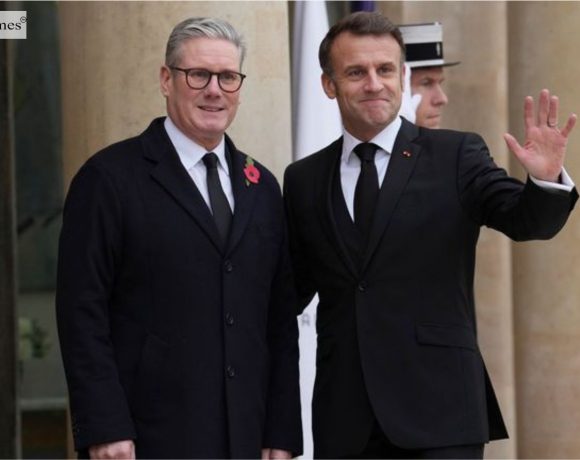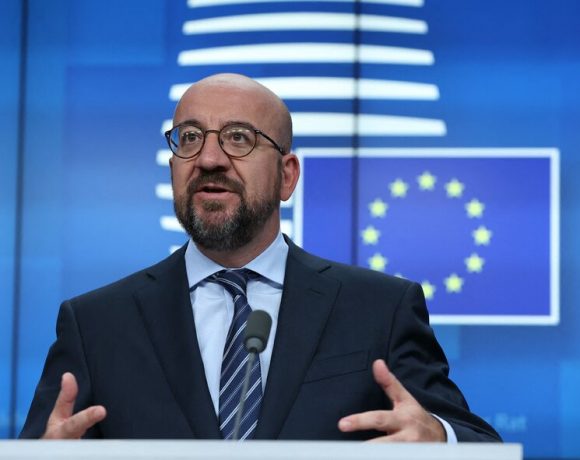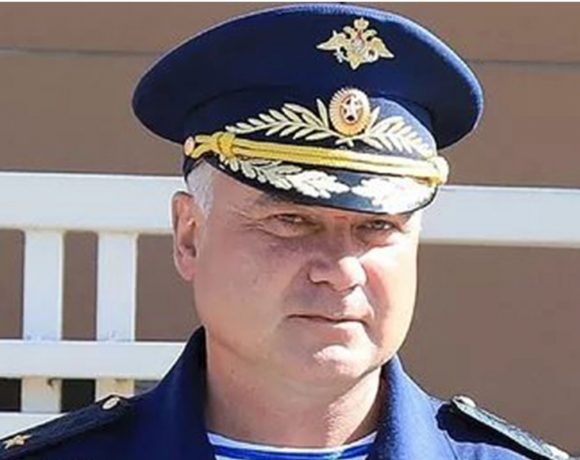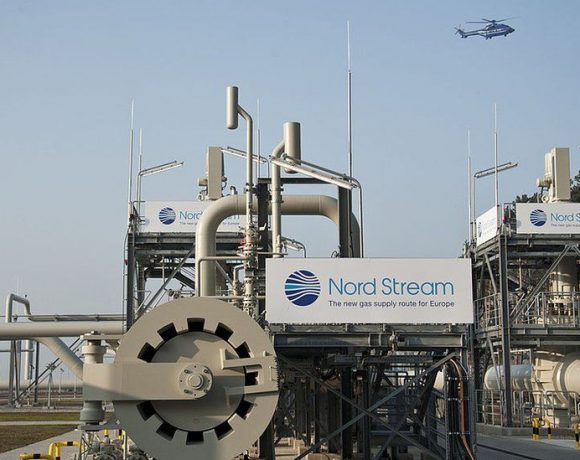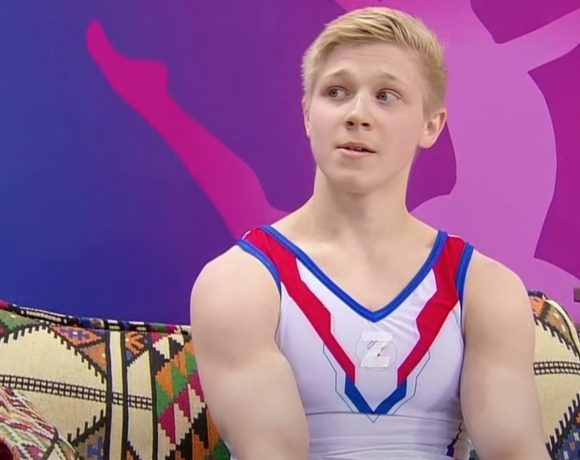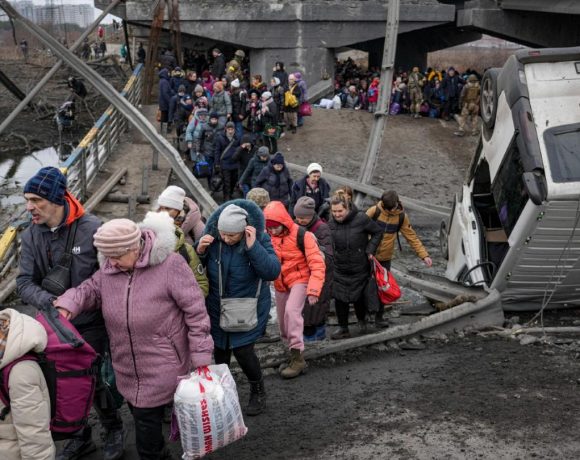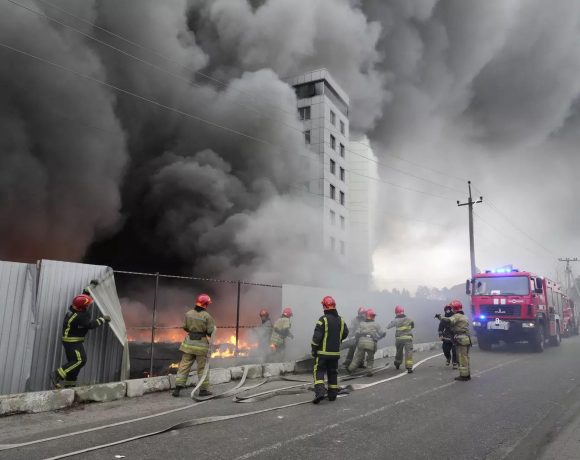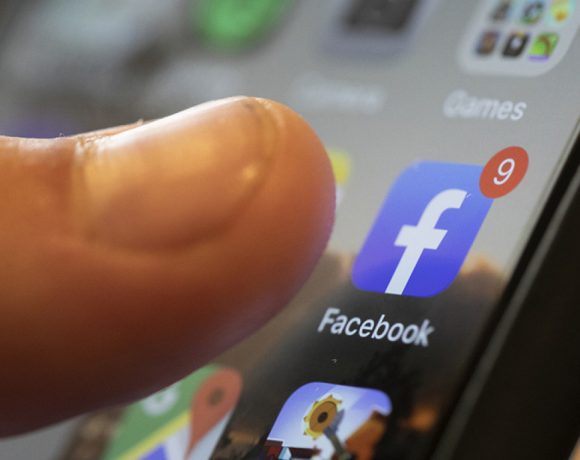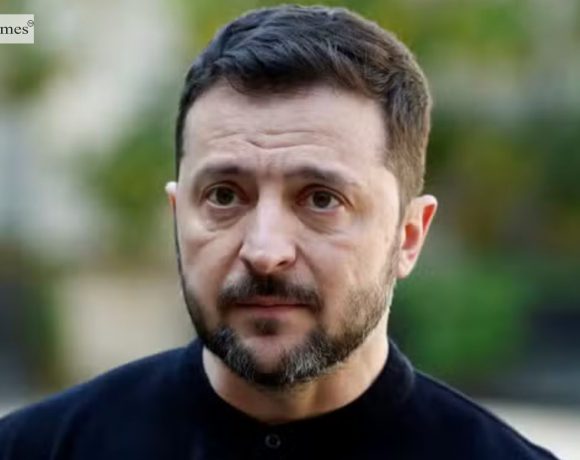
Ukrainian President Volodymyr Zelenskiy confirmed for the first time that Ukrainian troops have been active in Russia’s Belgorod region, aiming to protect towns near the border in Ukraine’s Sumy and Kharkiv regions. In his nightly video address on Monday, Zelenskiy also acknowledged Ukrainian presence in parts of the neighbouring Kursk region, where troops have remained active eight months after a cross-border incursion, despite Russia’s partial recapture of territory.
The Ukrainian leader praised the 225th Assault Regiment for its role in the ongoing operations and reiterated that these cross-border missions are aimed at reducing pressure on other key frontlines, particularly in the Donetsk region. Zelenskiy emphasized that the strategy of taking the war back to Russian territory is “absolutely justified” and is helping divert Russian troops from areas where the fighting is most intense.
Meanwhile, Moscow claimed over the weekend that its forces had captured Basivka in Ukraine’s northeastern Sumy region, opposite Russia’s Kursk. However, Ukrainian military officials have denied losing the village. Russian President Vladimir Putin has long advocated for the creation of a buffer zone along the border, as battles in the Belgorod region continue to be reported by Russian military bloggers.
Pic Courtesy: google/ images are subject to copyright

